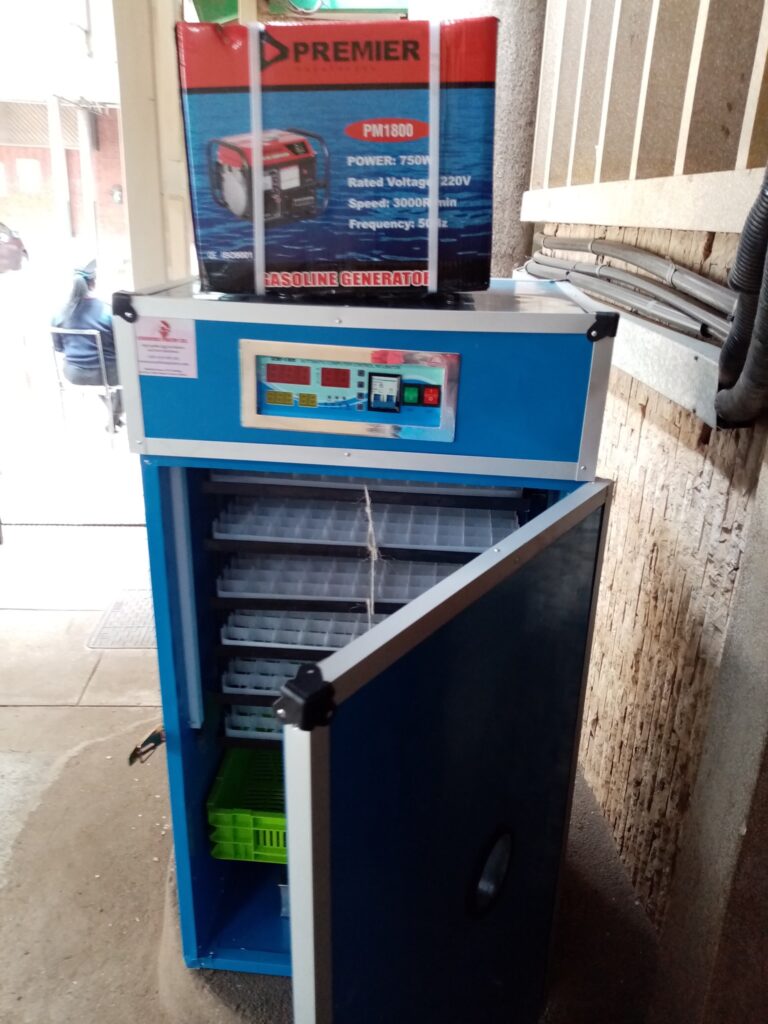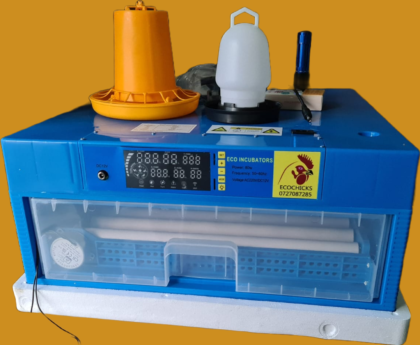There are several types of incubators available for hatching eggs, including:
- Still-air incubators: Still-air incubators are basic incubators that rely on natural convection to circulate warm air around the eggs. They are typically less expensive than other types of incubators but require more attention to ensure proper temperature and humidity levels.
- Forced-air incubators: Forced-air incubators use a fan to circulate warm air around the eggs, providing more consistent temperatures and better hatching results than still-air incubators. They also tend to have better ventilation systems to maintain proper humidity levels.
- Cabinet incubators: Cabinet incubators are larger incubators that can hold a larger number of eggs. They often have digital temperature and humidity controls, as well as automatic egg turning features.
- Small-scale incubators: Small-scale incubators are designed for hatching small numbers of eggs, typically 1-12 eggs at a time. They can be inexpensive and portable, making them ideal for small-scale or home-based poultry operations.
- Commercial incubators: Commercial incubators are large-scale incubators that are designed for hatching thousands of eggs at a time. They often have advanced features such as automatic egg turning, humidity control systems, and programmable temperature and humidity cycles.
- Solar incubators: Solar incubators use solar panels to provide power for the incubator. They are ideal for use in remote areas without access to electricity.
The type of incubator you choose will depend on your specific needs, the number of eggs you plan to hatch, and your budget. It’s important to choose an incubator with reliable temperature and humidity control, as well as proper ventilation and egg-turning features for optimal hatching results.


